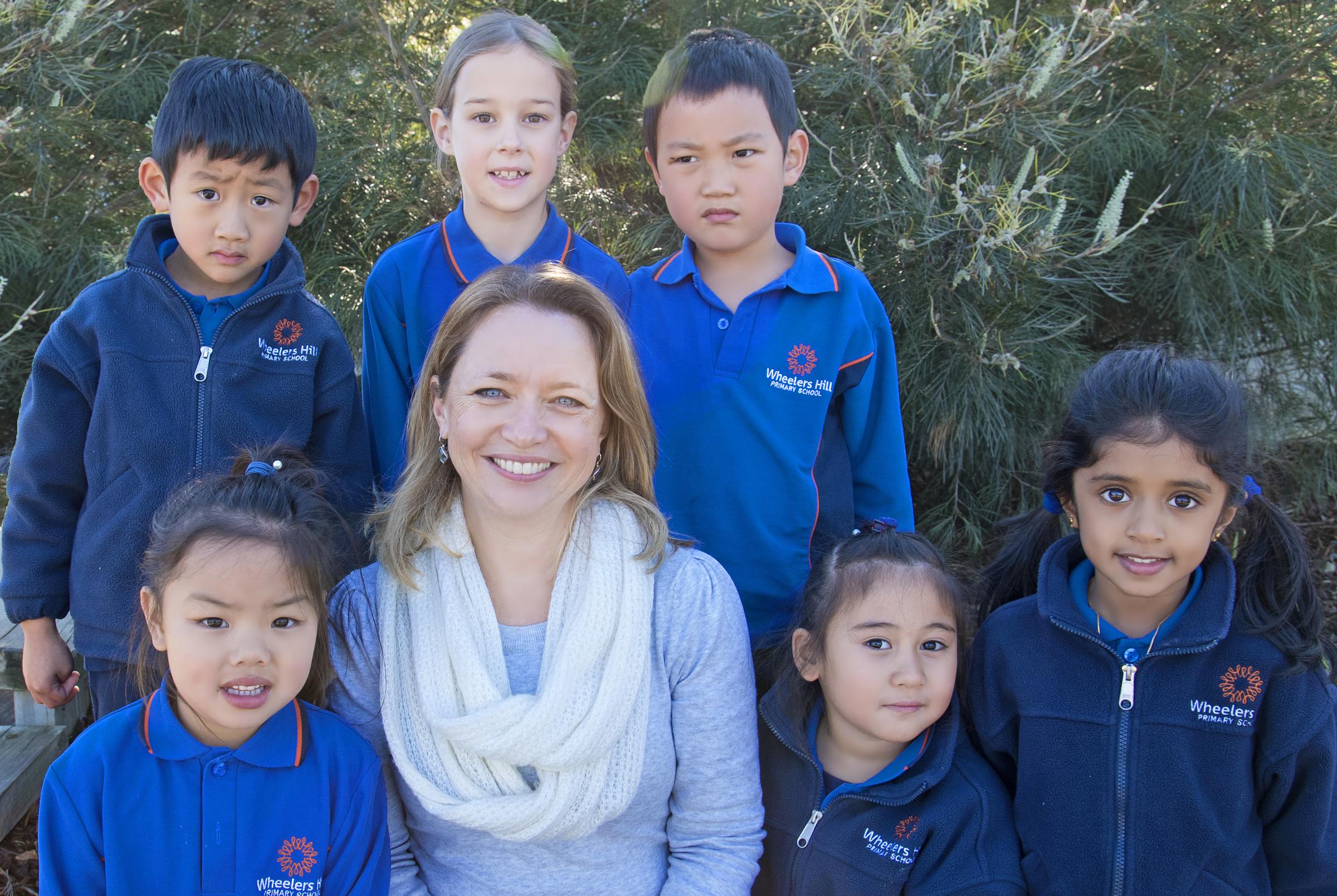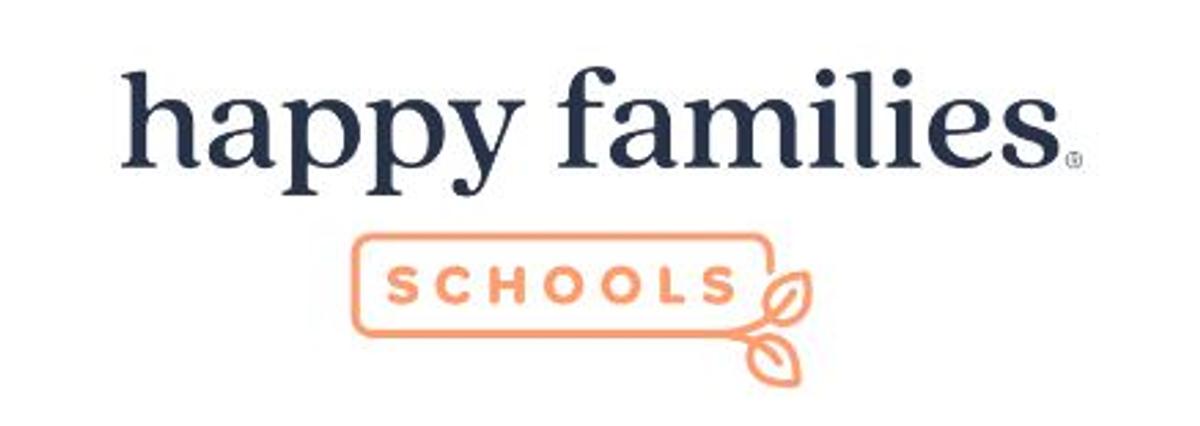Assistant Principal
Katrina Spicer - Wellbeing

Assistant Principal
Katrina Spicer - Wellbeing
ILLNESSES
A reminder to all families to please keep your child at home if they are unwell. We have had to send a number of children home over the past few weeks with a range of illnesses including vomiting, diarrhoea and severe colds. Germs can spread quickly in a school so it is important to keep unwell children at home to prevent this from happening.
A reminder that the recommendation is to stay home for 48 hours after gastro symptoms have ceased.
IQ vs EQ
At Wheelers Hill PS, we pride ourselves on educating the ‘Whole Child’. This means that not only do we highly value academic success, but we equally value Wellbeing and Social and Emotional Learning. Social and Emotional Learning (SEL) is embedded in the Victorian Curriculum through the Personal and Social Capabilities, but we enhance this learning through programs such as The Resilience Project, School-Wide Positive Behaviour Support and Restorative Practices. Through these programs, we aim to develop each student’s Emotional Intelligence.
For many years, IQ was viewed as the primary determinant of success. People with high IQs were assumed to be destined for great things and high achievement. However, some critics began to realise that this was not necessarily true and that there were other factors that influenced a person’s ability to succeed in life. It is now almost universally agreed that Emotional Intelligence is more important to attaining career and personal success than IQ.
IQ (Intelligence Quotient) represents abilities such as:
EQ (Emotional Quotient) is centred on abilities such as:
Inter-personal skills and the ability to manage one’s own emotions help us to better understand, empathise and negotiate with others.
There are five categories of Emotional Intelligence: Self- Awareness, Self-Regulation, Motivation, Empathy and Social Skills.
Self-Awareness:
The ability to recognise an emotion as it happens is the key to Emotional Intelligence. If you can identify your emotions, you can learn to manage them.
Self-Regulation:
We often have little control over when we experience emotions, but we can learn to manage the emotions we feel. We can all teach our children strategies that can help them to manage impulses, take responsibility for their actions and to learn to adapt to change.
Motivation:
Having clear goals and a positive attitude helps enormously with motivation. Although some people may have a predisposition to a negative attitude, it is possible to train the mind to think more positively.
Empathy:
The ability to recognise how other people feel is important to success in your life and career. Empathy helps with anticipating, recognising and meeting others’ needs and discerning the feelings behind the needs and wants of others.
Social Skills:
The development of good interpersonal skills is tantamount to success in life. ‘People skills’ are even more important now in this inter-connected world where communication takes place across platforms and across oceans. The ability to ‘sense’ how others are feeling, how to work as a leader or as part of a team, conflict resolution and effective communication skills are all essential skills that people with a high EQ possess.
HAPPY FAMILIES WEBINAR - MAY 14TH at 7:00pm
Resilience - Developing Strength, Calm, & Kindness in our Kids


“How can I help my child be more resilient?” is a question Dr Justin Coulson often hears from worried mums and dads.
In this session, parents will learn the psychological secrets that build their child’s sense of identity, strengths, and growth mindset in order to perform better, be happier, and build resilience.
Based on Dr Justin Coulson’s best-selling book 9 Ways to a Resilient Child, this session shows parents how to help their children cope powerfully and positively with the challenges that life throws at them. This presentation is one of Justin’s most popular ones with powerful stories and illustrations that every parent can relate to. He explains the factors that help and hinder resilience, why common advice such as “toughen up Princess” just doesn’t work, and how competition and praise may undermine resilience.
To register for this webinar, log into the Happy Families website:
https://schools.happyfamilies.com.au/login/whps
Password: happywhps
Katrina Spicer
Assistant Principal for Wellbeing and Inclusion
katrina.spicer@education.vic.gov.au


MANAGING FATIGUE AS A PARENT
By Dr Justin Coulson
If you’re a parent, I can almost guarantee you’re tired. Parenthood and fatigue seem inseparable. Infants and toddlers amplify our tiredness, but regardless of their age, raising children is tiring. (The impact of COVID, economic insecurity, and general life stress from recent years exacerbate this feeling).
It’s tempting to see our parenting exhaustion as a moral failing. We are worse parents when we are tired. We parent better when we feel alive and vital. But life conspires against us.
We’ll never beat fatigue completely. The daily grind combines with ageing to ensure we’ll be tired every day. It just happens faster with kids than without them! But we misunderstand two things about this exhaustion.
The first is that much of our tiredness is firmly within out control; it comes down to choices (with the exception of parenting young children who generally require us at ALL hours and remove a lot of choice for attentive and involved parents).
The second is that we think we have no way around our fatigue, whereas the truth is that we may not have learned better strategies to reduce our exhaustion.
We’re also afraid… of change. What if we make a change and we’re less tired, but that change requires us to sacrifice something we really like in our lives?
If we do have more control than we realise, and if strategies do exist, then there is value in making the attempt to reduce fatigue. The following three solutions feel kind of sucky because they’re so obvious, but they work.
Solution 1
Sleep: The Ultimate Recharge
Solution 2
Diet: Fuelling the Body
Solution 3
Attention Management: Be Present
Multi- tasking is both exhausting and inefficient. Focus on one thing. Do it well. Be present. Engage. When complete, move on.
Your energy flows where your attention goes. Putting attention on too many things pushes energy in too many directions. Be clear on your focus. Direct your energy. Watch your productivity increase while your exhaustion drops.
Parenting requirements shift from moment to moment, day to day and week to week. But improved sleep habits, better systems and clearer focus will increase your balance and allow you more time and energy to spend on what (and who) matters most – your family.


Our school subscription to Happy Families allows access to the Happy Families website to all members of our school community.
Families can access the Happy Families website at: https://schools.happyfamilies.com.au/login/whps
Password: happywhps